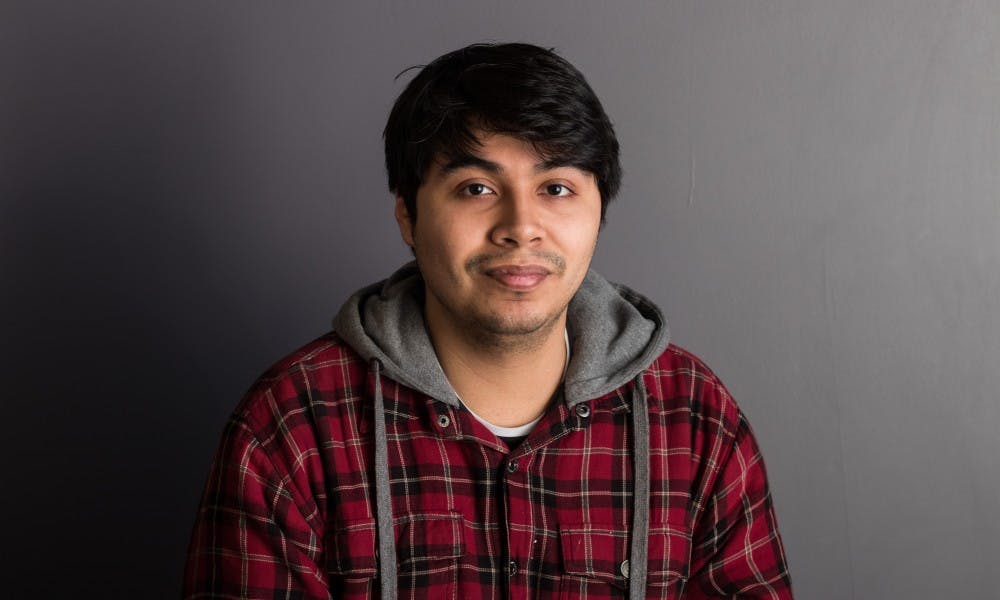Sexual assault, as everyone in this community knows, is a prominent discussion on Michigan State's campus.
Yet I can't help but feel that the stories of assault within marginalized communities have been kept to the sides of the discussion.

Edwin Jaramillo
Sexual assault, as everyone in this community knows, is a prominent discussion on Michigan State's campus.
Yet I can't help but feel that the stories of assault within marginalized communities have been kept to the sides of the discussion.
Last week, a letter was sent to The State News in regards to the possible appearance of Terry Crews for the "It's On Us" week. The letter basically said that money could be allocated to combat sexual assault and the culture that enables it in a more effective way.
I disagree.
Spending $25,000 on Crews' appearance would have an immense impact on campus culture, engaging communities that don't otherwise consider themselves part of the larger discussion on sexual assault.
Crews is more than just a celebrity speaker. He is a black man and a survivor. He represents hope on this campus — a hope for a cultural shift in a discussion that does little to explicitly involve marginalized communities.
When thinking of the #MeToo movement, people often think of individuals such as Rose McGowan, Gwyneth Paltrow and Alyssa Milano.
The way that sexual assault is spoken about today typically centers around white, usually straight women. Those outside of that spectrum do not necessarily get as much recognition for their stories.
Taking the focus away from those who don't fit the profile has very detrimental effects. It paints a clear landscape that these stories don't matter.
Are those young women stepping up against R. Kelly part of the movement as well? Are the 4,556 children reported to have been sexually assaulted at the U.S.-Mexican border deemed important enough? Are their traumas not important enough; their voices not big enough?
Marginalized communities, specifically women of color, disproportionately face high rates of sexual assault. They are more likely to experience it, but less likely to report.
For every African-American woman who reports her rape, at least 15 others don't report theirs, according to the Connecticut Alliance to End Sexual Assault.
Seeing an individual from a marginalized community taking on this conversation will move others who identify with Crews' story to do the same. It will inspire those from marginalized communities to speak up and make their own narratives known.
That can have an everlasting impact on this campus.
Support student media! Please consider donating to The State News and help fund the future of journalism.